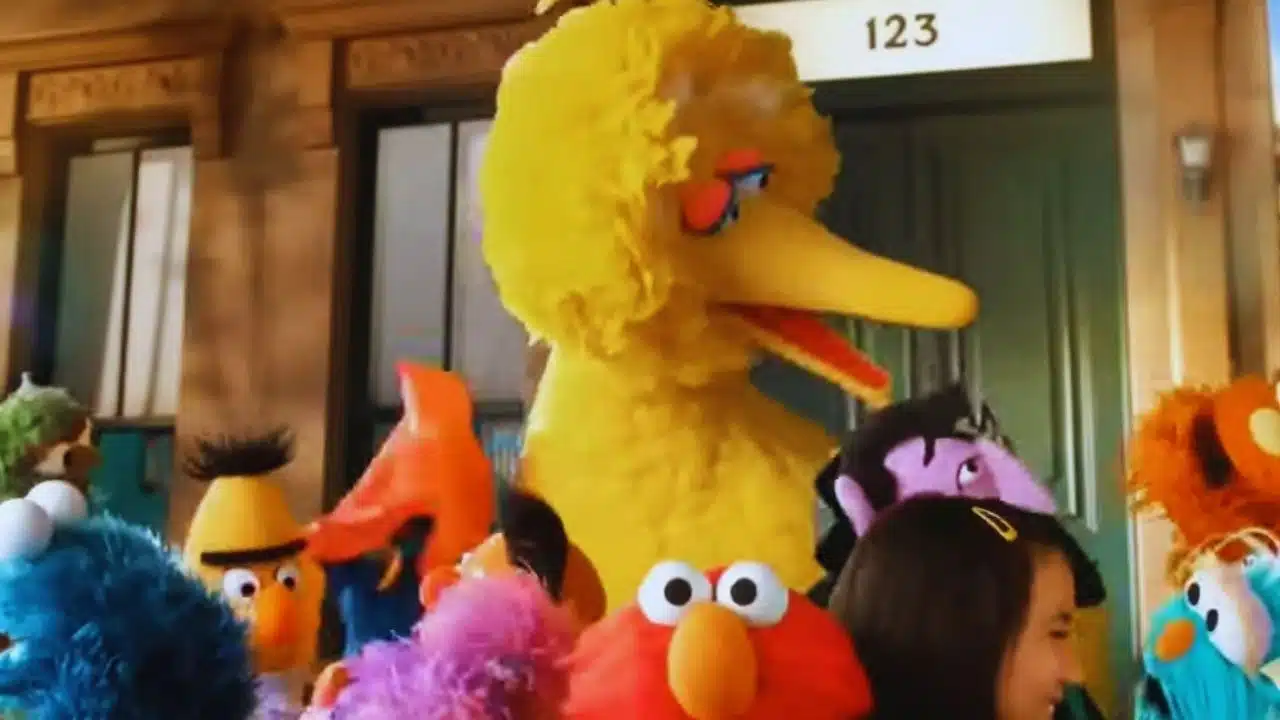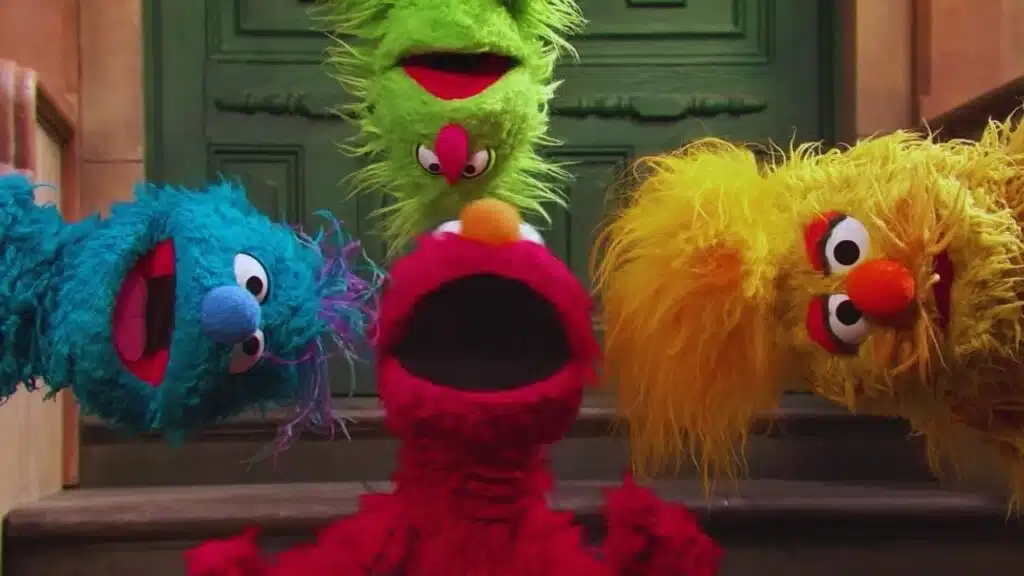In a major move for children’s educational television, the iconic show Sesame Street is shifting its future seasons to Netflix, after facing both federal funding cuts and the end of its previous broadcasting deal with HBO Max. Despite challenges, the beloved show will still be accessible on PBS, ensuring its mission of free educational programming for children continues.
Why Sesame Street Needed a New Home
Sesame Street’s move to Netflix follows a series of funding and partnership setbacks. Earlier this month, former U.S. President Donald Trump issued an executive order to eliminate federal funding for the Public Broadcasting Service (PBS) and National Public Radio (NPR). In his statement, Trump accused the outlets of promoting “biased and partisan news coverage.” As a result, the Corporation for Public Broadcasting (CPB), the agency responsible for distributing federal support to PBS and NPR, announced the termination of several long-standing initiatives, including those funding educational children’s programs such as Sesame Street.
The CPB had previously supported the show through its Ready to Learn initiative, which helped finance the production of free, research-backed educational media for young children, particularly in underprivileged communities. This support spanned decades and was considered essential in maintaining high-quality children’s programming accessible to all.
To make matters more challenging, Warner Bros. Discovery, the parent company of HBO Max, decided not to renew its contract with Sesame Workshop, the nonprofit behind Sesame Street. The agreement, initially signed in 2015, allowed HBO Max to stream new episodes of the show before they aired on PBS. The end of this arrangement left Sesame Street at a crossroads — until Netflix stepped in.
Netflix Steps Up with a New Multi-Year Deal
Under the new deal, Netflix will become the exclusive global streaming partner for new episodes of Sesame Street starting later this year. The agreement includes the entire upcoming 56th season of the show, as well as over 90 hours of classic episodes, which will be made available to Netflix’s 300 million subscribers worldwide.
Crucially, the deal allows PBS to continue broadcasting the episodes on the same day they premiere on Netflix. This dual release model maintains Sesame Street’s original mission — providing free and equitable access to educational content for children, particularly those from underserved communities.
Netflix described Sesame Street as a “beloved cornerstone of children’s media,” praising its decades-long commitment to early childhood education, literacy, emotional development, and social inclusion.
What’s New in Season 56? A Fresh Format and More Innovation
Sesame Workshop announced that Season 56 will introduce a revamped format. Each episode will follow an 11-minute narrative structure aimed at keeping young viewers engaged. The show will incorporate direct-to-camera character interactions, more vibrant animations, and modern production techniques while staying true to its original values.
Familiar and much-loved segments such as:
- “Elmo’s World”
- “Abby’s Amazing Adventures”
- “Cookie Monster’s Foodie Truck”
…will return, alongside a brand-new animated feature called “Tales from 123”. This new segment is designed to explore the home lives of Sesame Street characters in a more personal and narrative-driven way, offering a deeper emotional connection for children watching.
These updates reflect a broader effort by Sesame Workshop to adapt to the changing media consumption habits of families, especially in the streaming era, while preserving its educational mission.
Trump’s Executive Order and the Political Context
The executive action that sparked these changes is part of a broader push by Trump to reduce or eliminate funding for publicly funded media. Critics argue that such decisions disproportionately impact low-income households that rely on free educational content like Sesame Street. Supporters of the cuts, however, maintain that public broadcasters should not receive taxpayer money if they are perceived as having a political bias.
According to a May 2025 report by NPR, Trump’s order specifically called for the “immediate defunding” of the CPB. Within days, the organization confirmed it would shut down its educational grant programs, which included funding not just for Sesame Street but also other PBS Kids programming like Arthur, Mister Rogers’ Neighborhood, and Curious George.
The Legacy and Cultural Impact of Sesame Street
Since its first broadcast on November 10, 1969, Sesame Street has played an unparalleled role in children’s television. Created by Joan Ganz Cooney and Lloyd Morrisett, the show combined cutting-edge research from child psychologists with entertaining characters designed by Jim Henson, the creator of the Muppets.
Sesame Street pioneered educational TV by addressing not only reading and math but also emotions, diversity, race, inclusion, and even topics like grief, autism, and parental incarceration.
Notable milestones over the years include:
- In 2002, Elmo was invited to testify before the U.S. Congress to discuss the importance of music education.
- In 2006, during the child obesity crisis, the show introduced “Healthy Habits for Life” segments. This included Cookie Monster famously declaring that cookies are “a sometimes food.”
- In 2010, the show added Lily, a Muppet experiencing food insecurity, and later Karli, who lives in foster care due to her mother’s addiction.
- Former First Lady Michelle Obama also appeared on the show in multiple episodes, teaching children about healthy eating and the importance of staying active.
Netflix’s Strategy: Investing in Children’s Programming
The Sesame Street deal aligns with Netflix’s broader strategy to expand its children’s content offerings. According to the company, kids’ programming accounts for around 15% of all viewing hours on the platform.
In addition to acquiring Sesame Street, Netflix recently announced:
- A new batch of Peppa Pig episodes
- A Peppa Pig mobile game featuring puzzles and coloring activities
- New seasons of Octonauts, Ada Twist, Scientist, and other preschool shows
Netflix’s push into family-friendly content is seen as a response to competition from Disney+, YouTube Kids, and Amazon Prime Video, all of which have been heavily investing in the youth content market.
What This Means for Families and Viewers
For families, this transition means that Sesame Street is not going away — it’s just moving into a new era. The simultaneous release on both Netflix and PBS ensures that children from all backgrounds can still access the program, whether through a subscription service or free public television.
Sesame Workshop has reiterated its commitment to keeping educational content free for those who need it most, particularly in lower-income households and school systems.
According to Sherrie Westin, President of Sesame Workshop, “This partnership allows us to continue our work globally, using the power of media to help kids grow smarter, stronger, and kinder. At the same time, we’re ensuring U.S. children and educators still have the free access they’ve relied on for over 50 years.”
A Resilient Legacy, a New Beginning
Despite losing federal funding and facing challenges from changing media landscapes, Sesame Street continues to adapt, evolve, and thrive. Its upcoming partnership with Netflix is more than just a business deal — it’s a lifeline that secures the future of educational children’s programming for millions of families.
In a world where digital access is essential and educational equity is more important than ever, Sesame Street’s migration to streaming, without losing its free-TV roots, stands as a powerful example of innovation in the face of adversity.
The street may be heading to Netflix, but Sesame Street’s heart — its commitment to children everywhere — remains right where it began: in every home that needs it most.
The Information is Collected from BBC and Yahoo.





































